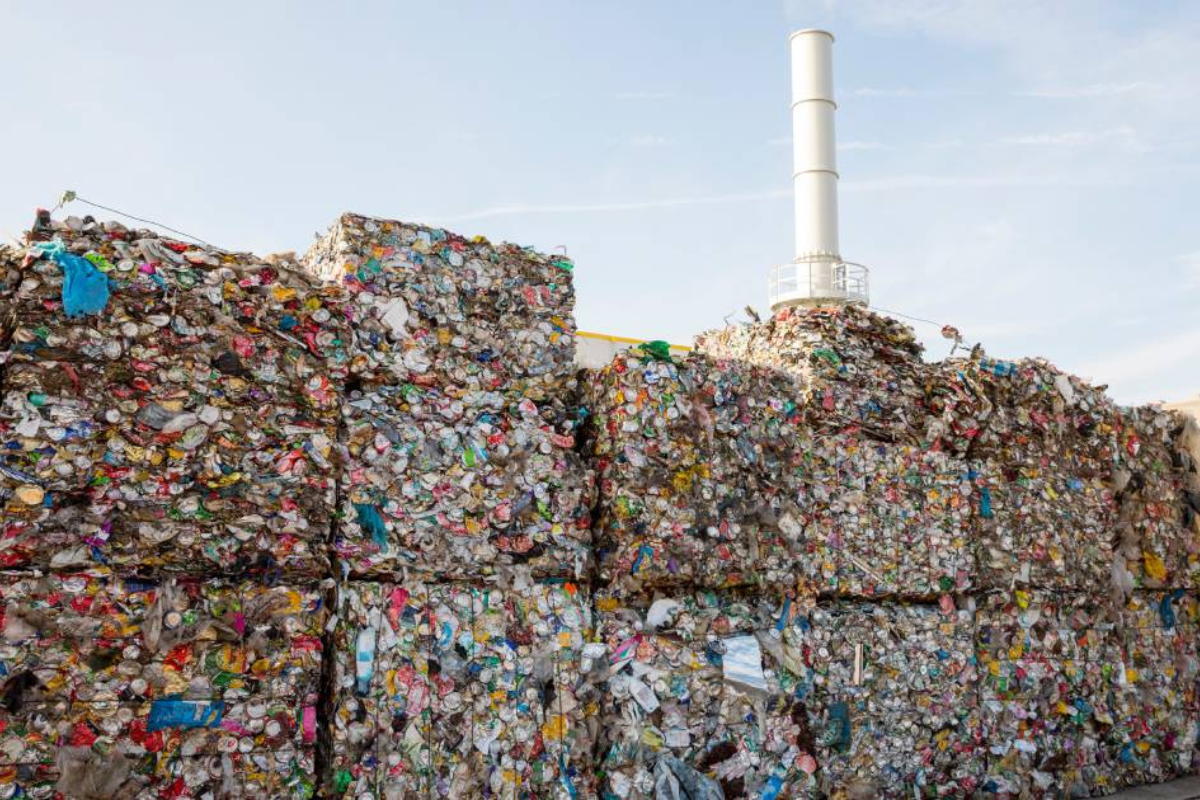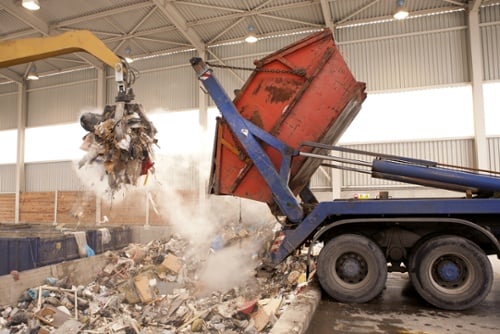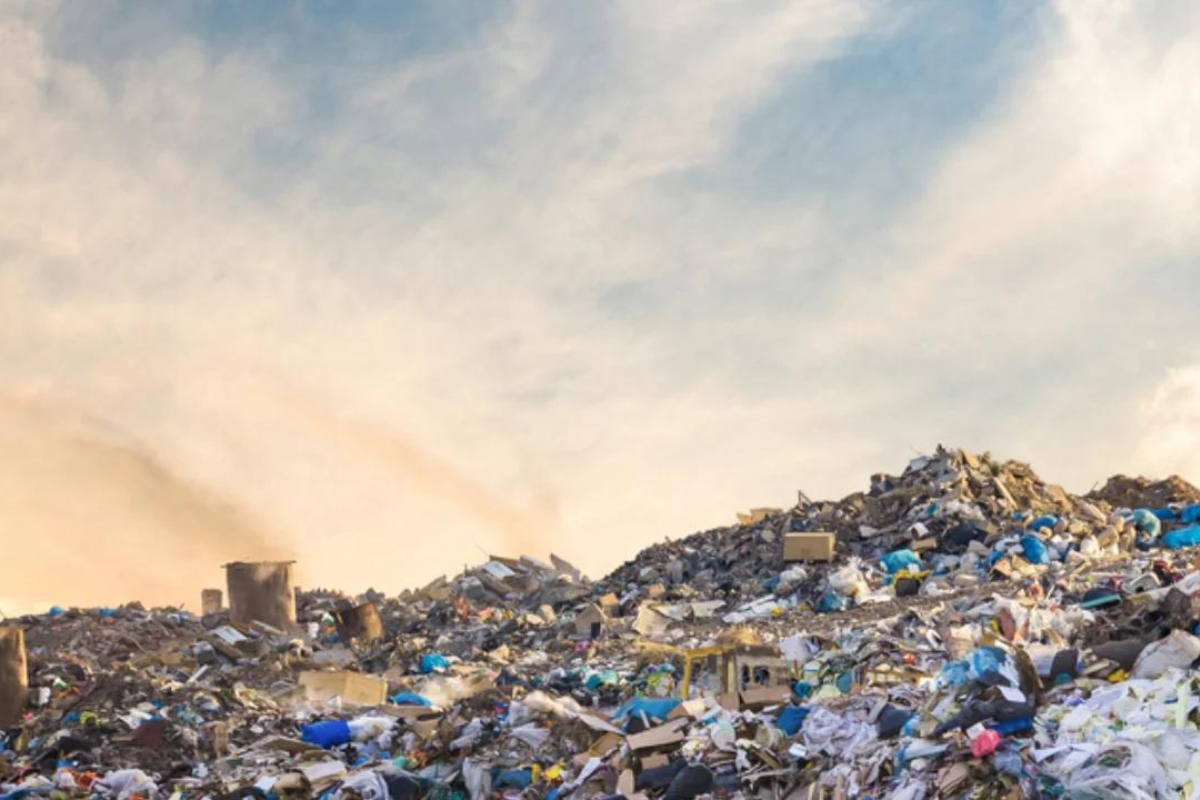4 municipal waste management statistics you should know about
The US accounts for 12% of all municipal solid waste generated globally. That’s 292.4 million tons of waste accounted for per year (as of 2018). As...
3 min read
 Fallon Judd
:
5/13/21 6:30 AM
Fallon Judd
:
5/13/21 6:30 AM

In the short-haul waste transportation industry, inefficiency represents lost opportunities at cost savings. Setting up and carefully tracking a reliable budget for your waste management plan can help you eliminate those inefficiencies, make more informed decisions regarding your fleet, and streamline your waste hauling services from the top down.
Using the right TMS -- like the one offered by Qv21 -- you can create more accurate income and expense projections, track the metrics and data relevant to your waste hauling operation and set more accurate goals to continue growing your business.
So what should be included in your solid waste management budget? How can you make sure you stick to your budget? What are some things you can be doing right now to start cutting waste costs and taking advantage of the benefits of solid waste management?
When setting up your waste management budget, it’s useful to know the different types of expenses you should be expecting:
Breaking down your expense estimate into fixed costs and variable costs can further facilitate the budgeting process. Fixed costs will include things like truck leases, insurance premiums, licenses and permits, payroll, and back-office expenses (think Internet and dispatch software). Your variable costs will likely include truck maintenance, fuel usage, emergency equipment/vehicle repairs or replacements, and even the type of waste being transported, from industrial waste transportation and disposal to the disposal of municipal solid waste.
While not technically an expense (yet), don’t forget to allocate a portion of your budget to future growth potential, whether you’re hoping to eventually expand your fleet, improve collection, storage and waste disposal methods, or set up more transfer stations along your routes.
To ensure your budget is optimized as much as possible, there are two key performance indicators (KPIs) you should be tracking:
Monitoring these metrics will allow for you to increase your efficiency and, consequently, your profits. Both metrics can be easily monitored with our system using our Business Intelligence Modules and Reporting tools.
To cut costs for your waste hauling business, here are a few cost-savings tips:

The first and most important step in setting up your budget for solid waste management is to find a cost-effective, sustainable technology partner like Qv21. We’ve worked with some of the nation’s largest transfer waste transporters to completely transform the way they do business, from their dispatch and field operations to the back-office and accounting teams.
Qv21 is the industry-leading TMS for short-haul, bulk commodity trucking companies, solving complex problems with simple solutions. Waste Haulers like you are navigating their operations with our system, The LogisticsFramework™, and its insights. With Qv21, it's simple to streamline your waste-hauling needs.
We do all the heavy lifting so you can save money, increase efficiency, and remove barriers to your waste hauling operation. Check out our resources page to start the Qv21 path to Logistics Without Barriers.

The US accounts for 12% of all municipal solid waste generated globally. That’s 292.4 million tons of waste accounted for per year (as of 2018). As...

While most of us are familiar with the frequently cited benefits of proper solid waste, the purpose of any waste management plan is to ensure the...

The collection, transfer and disposal of solid waste requires a significant investment in waste management equipment and vehicles, as well as the...